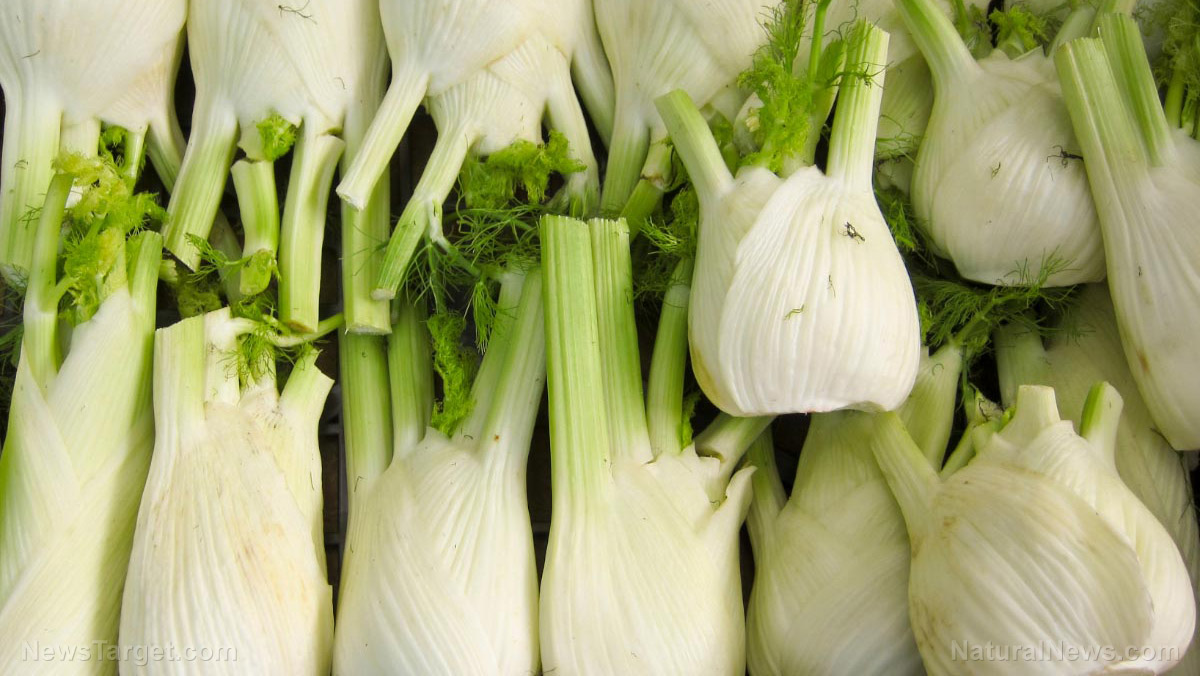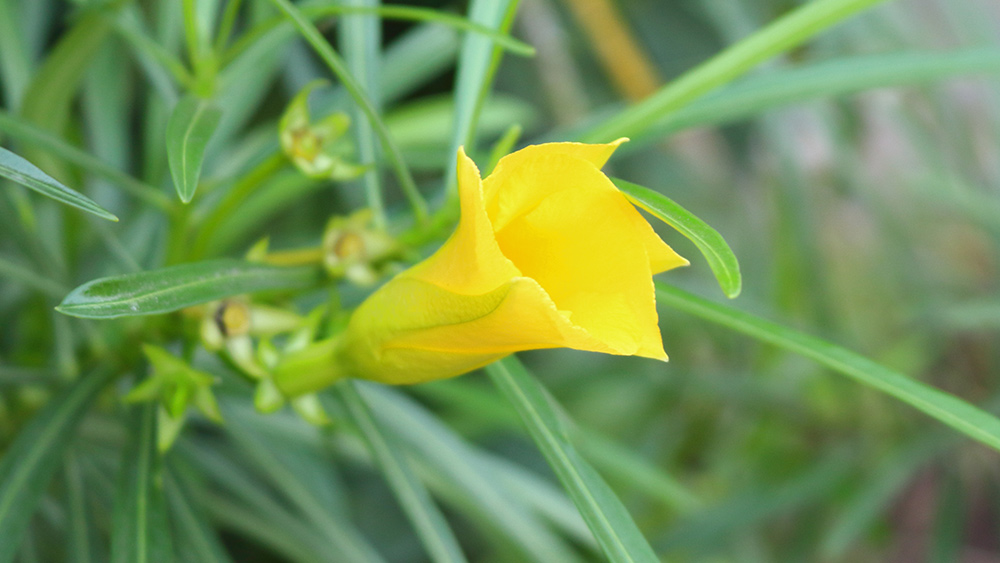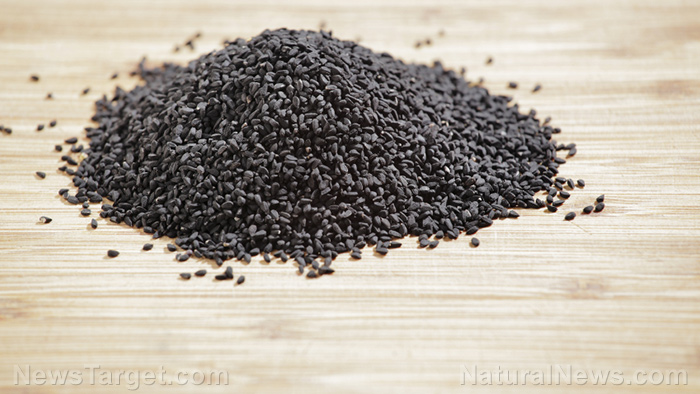This Japanese herbal medicine reduces asthma in patients with upper airway disease
01/21/2019 / By Ralph Flores

Research has found that traditional medicine could hold the key to managing asthma, especially in patients with upper airway disease. In a study published in The Journal of Alternative and Complementary Medicine, a team of scientists from Japan revealed that Shin’iseihaito, a herbal medicine traditionally used in Japanese medicine, can potentially reduce the incidence of asthma in those with upper airway disease.
Asthma is a chronic disease that primarily affects the lungs. If a person, in particular, is exposed to an asthma trigger — that is, a substance that can trigger his asthma attack, he experiences episodes of wheezing, breathlessness, tightness of the chest, and coughing. In the U.S., asthma is one of the most common long-term diseases in children; however, adults are just as prone to develop asthma.
The etiology of asthma is still unclear, but experts note that it can run within families. Currently, most available therapies are aimed at reducing symptoms, and no cure is available.
In the study, the team looked at Shin’iseihaito, a medicine used in Kampo (or traditional Japanese medicine). The decoction, referred to as Xinyiqingfeitang in Chinese medicine, is a mixture of loquat, black cohosh, and other crude drugs that have noted health benefits. While it is usually prescribed for rhinosinusitis (the inflammation of the sinuses and nasal cavity), the researchers looked at data where Shin’iseihaito was prescribed for asthma attacks in patients with problems in their upper airways. The team collected data spanning from 2011 to 2015, and the outcomes after taking the crude drug were classified into two — those that had improved after taking it and those that did not respond to treatment.
They found that over half of those that were treated with Shin’iseihaito responded well to it, with no defining biological factors (such as age, sex, or age of asthma onset) noted between the two groups. What they found, however, was that those who responded well had increased levels of aspirin tolerance and immunoglobulin E.
From the findings, the researchers were positive that Shin’iseihaito could be used to treat asthma in patients with upper airway diseases. (Related: Herbal combination used in Chinese medicine found to improve efficacy of asthma relief drug, study finds.)
Other natural asthma remedies
Indeed, the results of the study highlight the immense benefits of traditional forms of medicine. What’s even better is that managing asthma isn’t just limited to Shin’iseihaito, since there are plenty of herbs that can manage asthma symptoms. (h/t to VeryWellHealth.com.)
- Fruits and vegetables. A diet that’s full of fruits and vegetables can greatly decrease the risk of asthma, especially for children. In one study, researchers have found that women who ate more tomatoes, carrots, and green leafy vegetables have a lower incidence of asthma.
- Butterbur. The herb contains petasin and isopetasin, both of which can relax the muscle and reduce inflammation. A study has also shown that using butterbur in concert with inhalers increases its anti-inflammatory properties. However, those allergic to ragweeds or daisies should avoid butterbur, as it could lead to adverse reactions.
- Bromelain. The compound, which is derived from pineapples, is known for its anti-inflammatory properties. In an animal study on bromelain, experts found that it was able to reduce inflammation in the airways, especially in those with allergic airway disease.
- Boswellia. The herb is well-regarded in Ayurvedic medicine for its many health benefits — one of which is improving lung airways. Clinical tests have shown that taking Boswellia extract can improve asthma symptoms and reduce the number of episodes.
Learn more about alternative ways of treating asthma at AlternativeMedicine.news.
Sources include:
Tagged Under: asthma, bronchial asthma, Herbs, Japanese medicine, lung health, natural cures, natural medicines, natural remedies, shin'iseihaito, upper airway disease



















